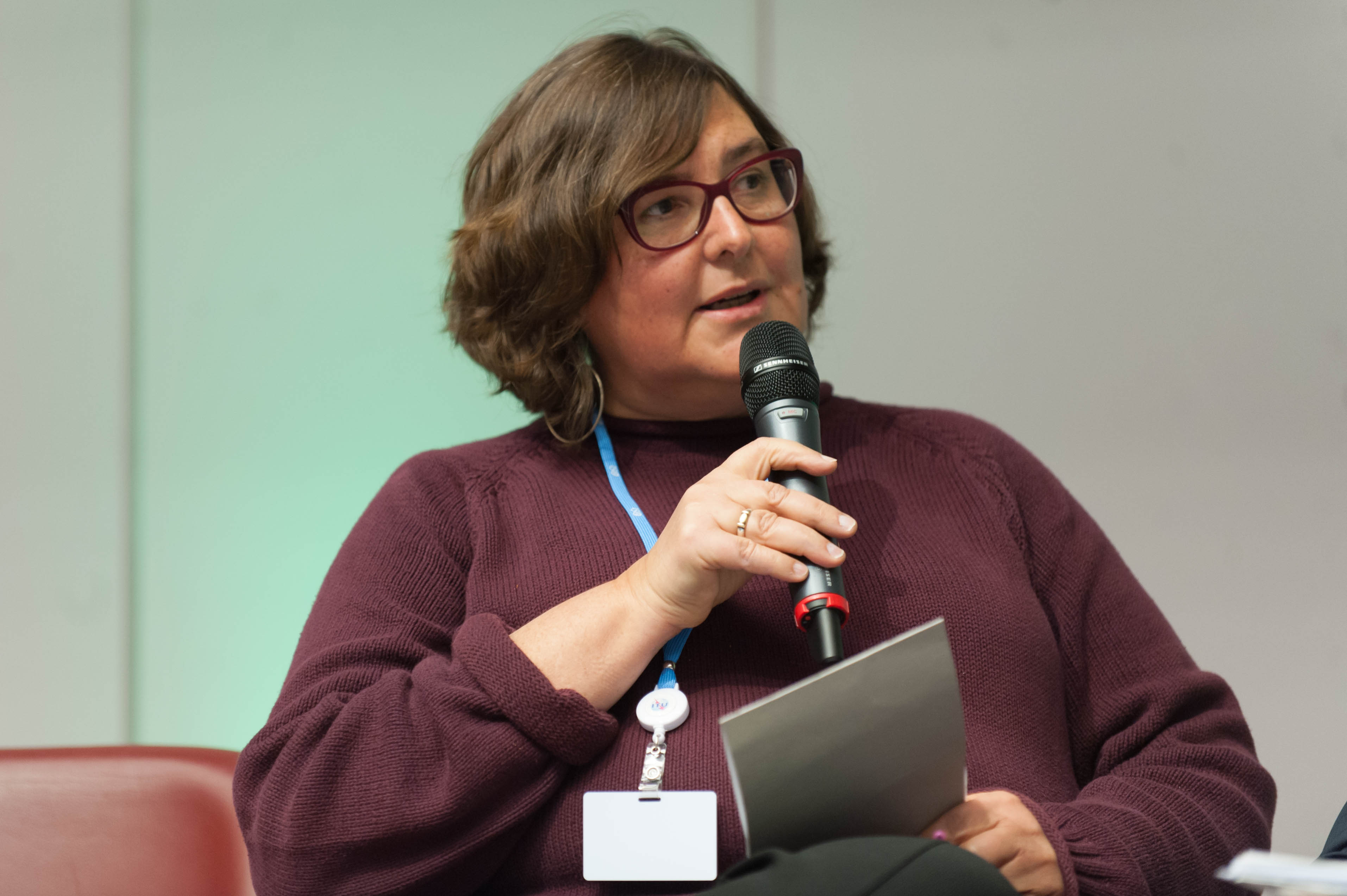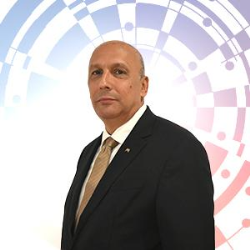Leaders TalkX: Moral pixels: painting an ethical landscape in the information society
WSIS
Session 431
This Leaders TalkX session will delve into the necessity of infusing universally held values and ethical dimensions into the digital. The discussion will focus on the collective responsibility of all stakeholders to foster an Information Society that champions the common good, safeguards privacy, and actively combats abusive and discriminatory behaviors enabled by digital technologies.
The High-Level panel of speakers will highlight the importance of awareness and education in the use of digital technologies and discuss the implementation of laws and preventive measures to ensure a respectful, secure digital environment. The session calls upon all stakeholders from government, private sector, technical community, academia and other relevant stakeholders to work towards developing ethical dimensions of ICTs, underpinning the pursuit of a just and peaceful digital future.
More information available related to Action Lines, WSIS 2003: https://www.itu.int/net/wsis/docs/geneva/official/poa.html
.jpg?maxwidth=250)




.jpeg?maxwidth=250)


-
 C10. Ethical dimensions of the Information Society
C10. Ethical dimensions of the Information Society
-
 Goal 1: End poverty in all its forms everywhere
Goal 1: End poverty in all its forms everywhere
-
 Goal 2: End hunger, achieve food security and improved nutrition and promote sustainable agriculture
Goal 2: End hunger, achieve food security and improved nutrition and promote sustainable agriculture
-
 Goal 3: Ensure healthy lives and promote well-being for all
Goal 3: Ensure healthy lives and promote well-being for all
-
 Goal 4: Ensure inclusive and equitable quality education and promote lifelong learning opportunities for all
Goal 4: Ensure inclusive and equitable quality education and promote lifelong learning opportunities for all
-
 Goal 5: Achieve gender equality and empower all women and girls
Goal 5: Achieve gender equality and empower all women and girls
-
 Goal 8: Promote inclusive and sustainable economic growth, employment and decent work for all
Goal 8: Promote inclusive and sustainable economic growth, employment and decent work for all
-
 Goal 9: Build resilient infrastructure, promote sustainable industrialization and foster innovation
Goal 9: Build resilient infrastructure, promote sustainable industrialization and foster innovation
-
 Goal 10: Reduce inequality within and among countries
Goal 10: Reduce inequality within and among countries
-
 Goal 11: Make cities inclusive, safe, resilient and sustainable
Goal 11: Make cities inclusive, safe, resilient and sustainable
-
 Goal 12: Ensure sustainable consumption and production patterns
Goal 12: Ensure sustainable consumption and production patterns
-
 Goal 13: Take urgent action to combat climate change and its impacts
Goal 13: Take urgent action to combat climate change and its impacts
-
 Goal 16: Promote just, peaceful and inclusive societies
Goal 16: Promote just, peaceful and inclusive societies
-
 Goal 17: Revitalize the global partnership for sustainable development
Goal 17: Revitalize the global partnership for sustainable development